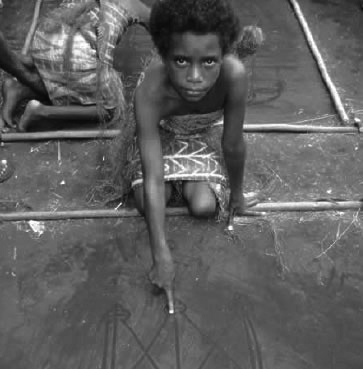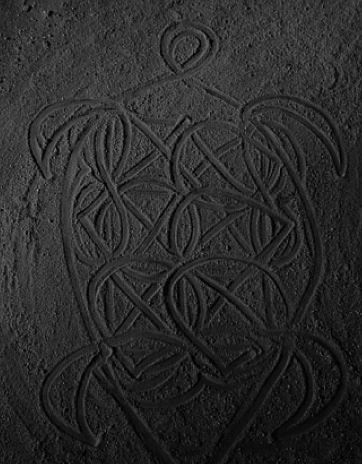Japan's Official Development Assistance White Paper 2009
(7) Cultural Rehabilitation and Promotion
There is a growing interest in developing countries in promoting their culture. For example, cultural heritage that is symbolic of the country can be effectively utilized not only as tourist resources for the social development of the local community, but it can also foster national pride. However, there are many cultural heritages that are in danger in developing countries. Cooperation in protecting such cultural heritage appeals directly to the hearts of the people, and has long-term effect. The protection of such invaluable cultural heritage for all mankind, is a challenge that should be addressed not only to developing countries, but also to the international community as a whole.
<Japan's Efforts>
Japan's cultural grant assistance (cultural grant assistance and grant assistance for cultural grassroots projects), which is aimed at project assistance for the promotion of culture and higher education, is almost unique in the world. Through such aid, Japan donates the projects for the procurement of equipment and the construction of facilities which are used in Japanese language education, the promotion of Japanese martial arts such as judo and karate, and projects to introduce Japanese culture. Through such efforts, Japan aims to support human resource development through the sound fostering of the young people who are responsible for the future of developing countries, promote exchange in cultural areas between Japan and the partner country, and promote mutual understanding through person-to-person exchanges.
Also, Japan has established the UNESCO/Japanese Funds-in-Trust for the Preservation of World Cultural Heritage to assist preserving and restoring cultural heritage, through arranging the necessary international experts and equipment, carrying out preliminary investigations, and fostering local human resources in particular. In addition, Japan provides assistance to projects not only for tangible cultural heritage, but also for intangible cultural heritage such as traditional dances, music, arts and crafts, and oral folklore. Such projects include raising successors and preserving documents through the UNESCO/Japanese Funds-in-Trust for the Safeguarding of the Intangible Cultural Heritage, which Japan has similarly established within UNESCO.
Human Resource Development through Assistance for Japanese Traditional Martial Arts
Japanese traditional martial arts such as judo, karate, and kendo are widely beloved in many countries throughout the world as sports which are beneficial for the sound nurturing of young people's minds and bodies. But it is often the case that a lack of equipment like mats and training uniforms interferes with such activities in developing countries. In FY2008, Japan implemented cultural grant assistance and a grant assistance for cultural grassroots project to support such activities. This aid contributed to the promotion of exchange in the field of sports between Japan and partner countries, and also to developing the human resources who are responsible for the future of developing countries. Through this cooperation, Japan has contributed funds totaling approximately ¥64.5 million for sports organizations to purchase needed equipment and materials in eight countries altogether, including Zambia and the Solomon Islands.
The Japanese Funds-in-Trust for the Safeguarding of the Intangible Cultural Heritage
Vanuatu Sand Drawings are merely just a form of artistic expression; they are also a means of correspondence between tribes and of communication for passing down information like knowledge and skills. At present, successors for this art are decreasing and it is in danger of dying out. For this reason, Japan is cooperating with UNESCO to record sand drawings and to develop a system for their legal protection, and is currently incorporating research on sand drawings into school education.


(Photo: UNESCO)
